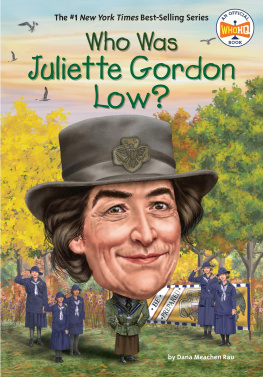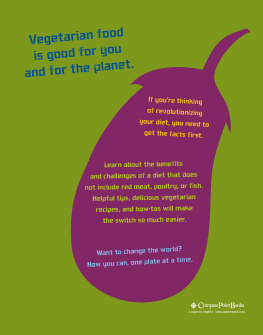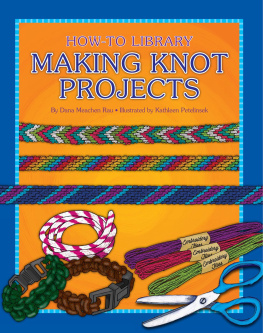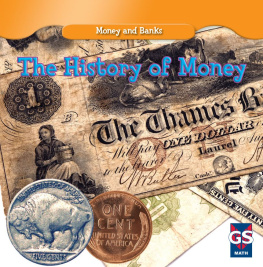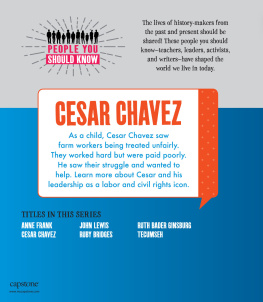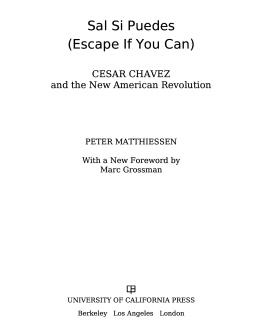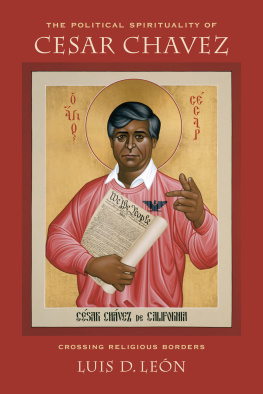Dana Meachen Rau - Who Was Cesar Chavez?
Here you can read online Dana Meachen Rau - Who Was Cesar Chavez? full text of the book (entire story) in english for free. Download pdf and epub, get meaning, cover and reviews about this ebook. year: 2017, publisher: Penguin, genre: Politics. Description of the work, (preface) as well as reviews are available. Best literature library LitArk.com created for fans of good reading and offers a wide selection of genres:
Romance novel
Science fiction
Adventure
Detective
Science
History
Home and family
Prose
Art
Politics
Computer
Non-fiction
Religion
Business
Children
Humor
Choose a favorite category and find really read worthwhile books. Enjoy immersion in the world of imagination, feel the emotions of the characters or learn something new for yourself, make an fascinating discovery.

- Book:Who Was Cesar Chavez?
- Author:
- Publisher:Penguin
- Genre:
- Year:2017
- Rating:3 / 5
- Favourites:Add to favourites
- Your mark:
- 60
- 1
- 2
- 3
- 4
- 5
Who Was Cesar Chavez?: summary, description and annotation
We offer to read an annotation, description, summary or preface (depends on what the author of the book "Who Was Cesar Chavez?" wrote himself). If you haven't found the necessary information about the book — write in the comments, we will try to find it.
Who Was Cesar Chavez? — read online for free the complete book (whole text) full work
Below is the text of the book, divided by pages. System saving the place of the last page read, allows you to conveniently read the book "Who Was Cesar Chavez?" online for free, without having to search again every time where you left off. Put a bookmark, and you can go to the page where you finished reading at any time.
Font size:
Interval:
Bookmark:
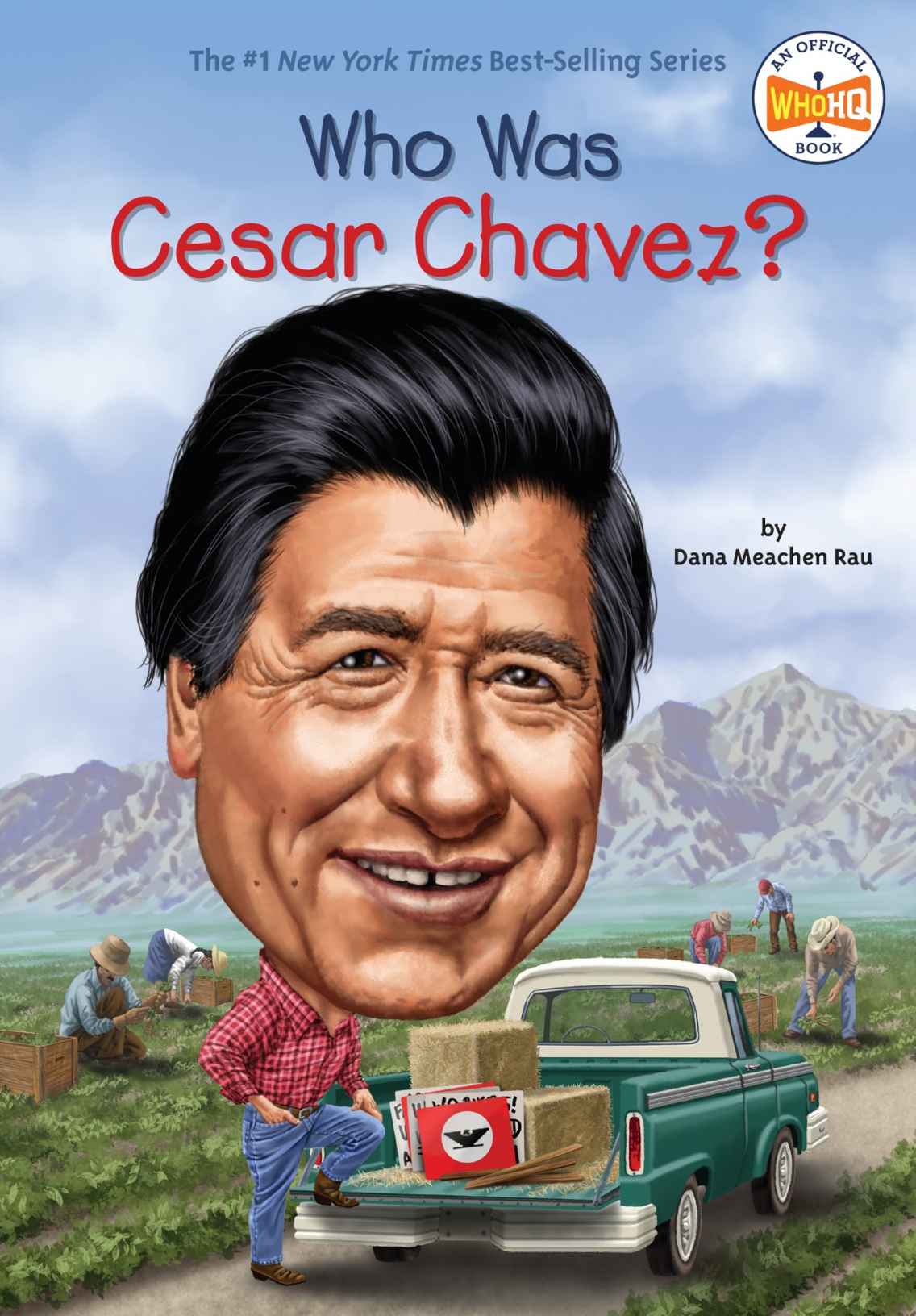

For teachers everywhereDMR
For MomTH
PENGUIN WORKSHOP
An Imprint of Penguin Random House LLC, New York

Penguin supports copyright. Copyright fuels creativity, encourages diverse voices, promotes free speech, and creates a vibrant culture. Thank you for buying an authorized edition of this book and for complying with copyright laws by not reproducing, scanning, or distributing any part of it in any form without permission. You are supporting writers and allowing Penguin to continue to publish books for every reader
The publisher does not have any control over and does not assume any responsibility for author or third-party websites or their content.
Text copyright 2017 by Dana Meachen Rau. Illustrations copyright 2017 by Penguin Random House LLC. All rights reserved. Published by Penguin Workshop, an imprint of Penguin Random House LLC, New York. PENGUIN and PENGUIN WORKSHOP are trademarks of Penguin Books Ltd. WHO HQ & Design is a registered trademark of Penguin Random House LLC.
Visit us online at www.penguinrandomhouse.com .
Library of Congress Control Number: 2017935682
ISBN 9781101995600 (paperback)
ISBN 9780451533623 (library binding)
ISBN 9781101995617 (ebook)
Version_2

The old theater in Fresno, California, was buzzing with people. A crowd of farmworkers and their families had gathered there for the first meeting of the National Farm Workers Association (NFWA). Cesar Chavez stood on the stage. He was shy, and not a strong public speaker. But his warm smile and friendly manner drew people in to listen. He had started this uniona group organized to protect workers rightsto help thousands of farmworkers, including many Mexican Americans, who lived in poverty and were treated unfairly in their jobs.
This day, September 30, 1962, marked the beginning of more than just the farmworkers union. It was the start of a movement a group of people working together to share an idea and bring about change. Cesar had once worked in the fields himself. He had watched his own family, and many others, suffer to earn enough money to survive. He had a vision for a brighter future for all farmworkers.
Many things were decided at the NFWAs first large meeting. Officers were elected and future plans were discussed. Union members unveiled their flaga black eagle in a white circle on a red background. The colors had meaning: black for the hard life of the workers, red for the sacrifices they needed to make, and white for hope.

At the meeting, they also agreed on their motto: Viva La Causa! (say: VEE-va la COW-sa) Long Live the Cause!
Cesar had worked hard to get the union started, and there was still a long battle ahead. But he was a determined man. He believed in hard work. He believed in sacrificing time and money to help others. He believed in protesting peacefully instead of using violence.
Cesar led a movement that brought major changes to the lives of farmworkers. He also changed the way Mexican Americans were viewed in America. With Cesars guidance, they came together. They demanded attention. America could no longer ignore them.
The Arizona Ranch
Cesario Estrada Chavez was born on March 31, 1927. His family lived outside the town of Yuma in the Arizona desert. Mama Tella and Papa Chayo, Cesars grandparents, had come to the United States from Mexico. They had settled near Yuma in the late eighteen hundreds, bought land, and started a ranch. Papa Chayo died before Cesar was born, but his grandmother still lived in the main adobe house. Cesar, his parents, Librado and Juana, and his brothers and sisters, lived on the ranch, too.

Cesar was the second of six childrenolder sister, Rita, and younger siblings Richard, Helena, Vicky, and Lenny. Sadly, Helena died when she was just a baby. At first, the family lived in a room off the main house. They owned only a few pieces of furniture. They had no electricity or running water. When their roof started leaking, the family moved into a cottage on the large ranch.
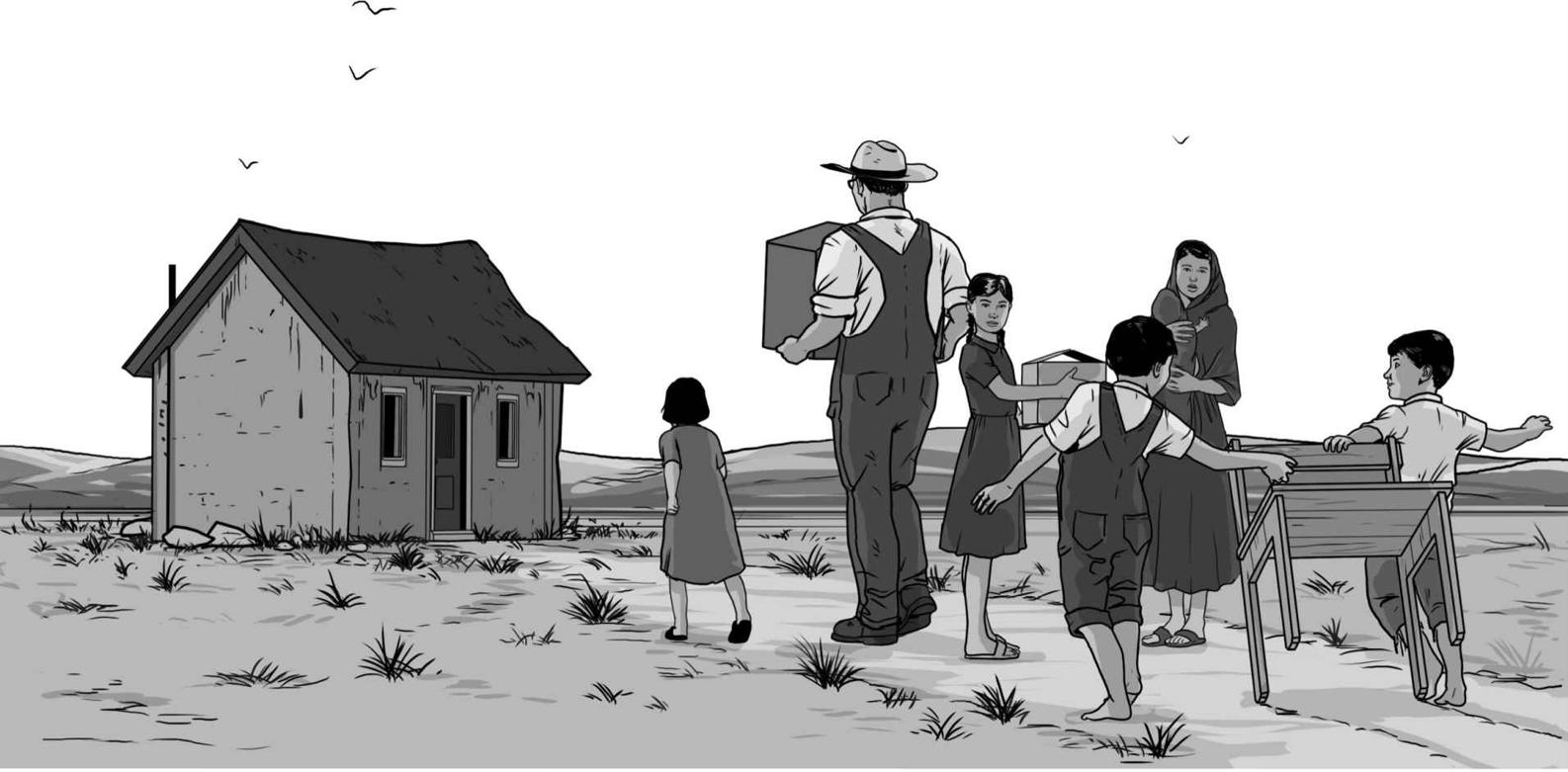
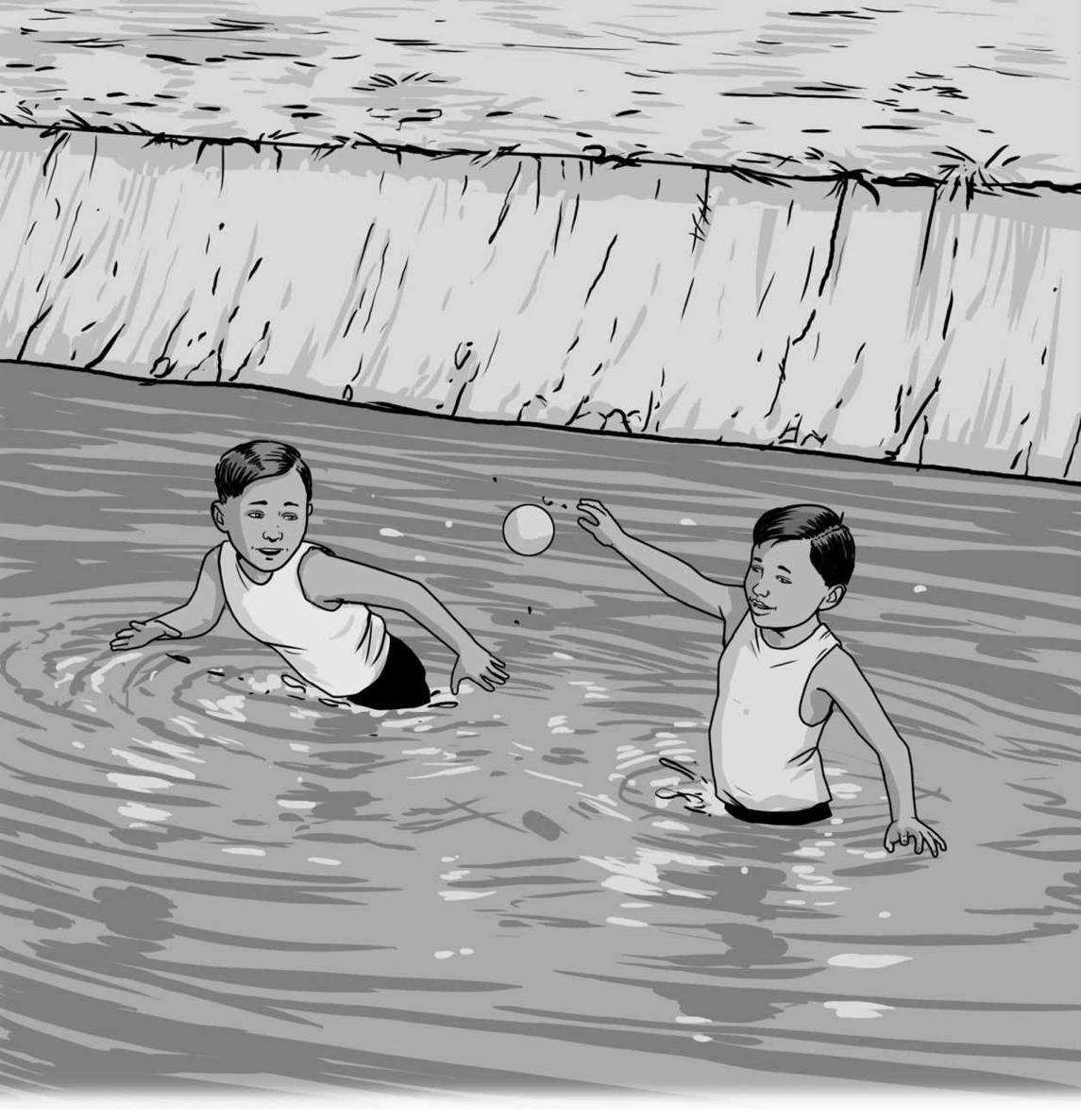
Cesar and his brother Richard spent their time exploring, hiking, and playing outdoors together. They swam in the canal that brought water to the alfalfa, watermelon, grass, and cotton crops that grew in the fields. They liked to ride horses and climb trees. The family gathered for barbecues on summer nights with Cesars aunts, uncles, and many cousins who lived nearby.
But the boys had work to do, too. Cesars father taught them how to chop wood, work with the horses, weed the crops, and know when the watermelons were ripe. Librado was strict, but patient, as he shared important farming skills with his sons.
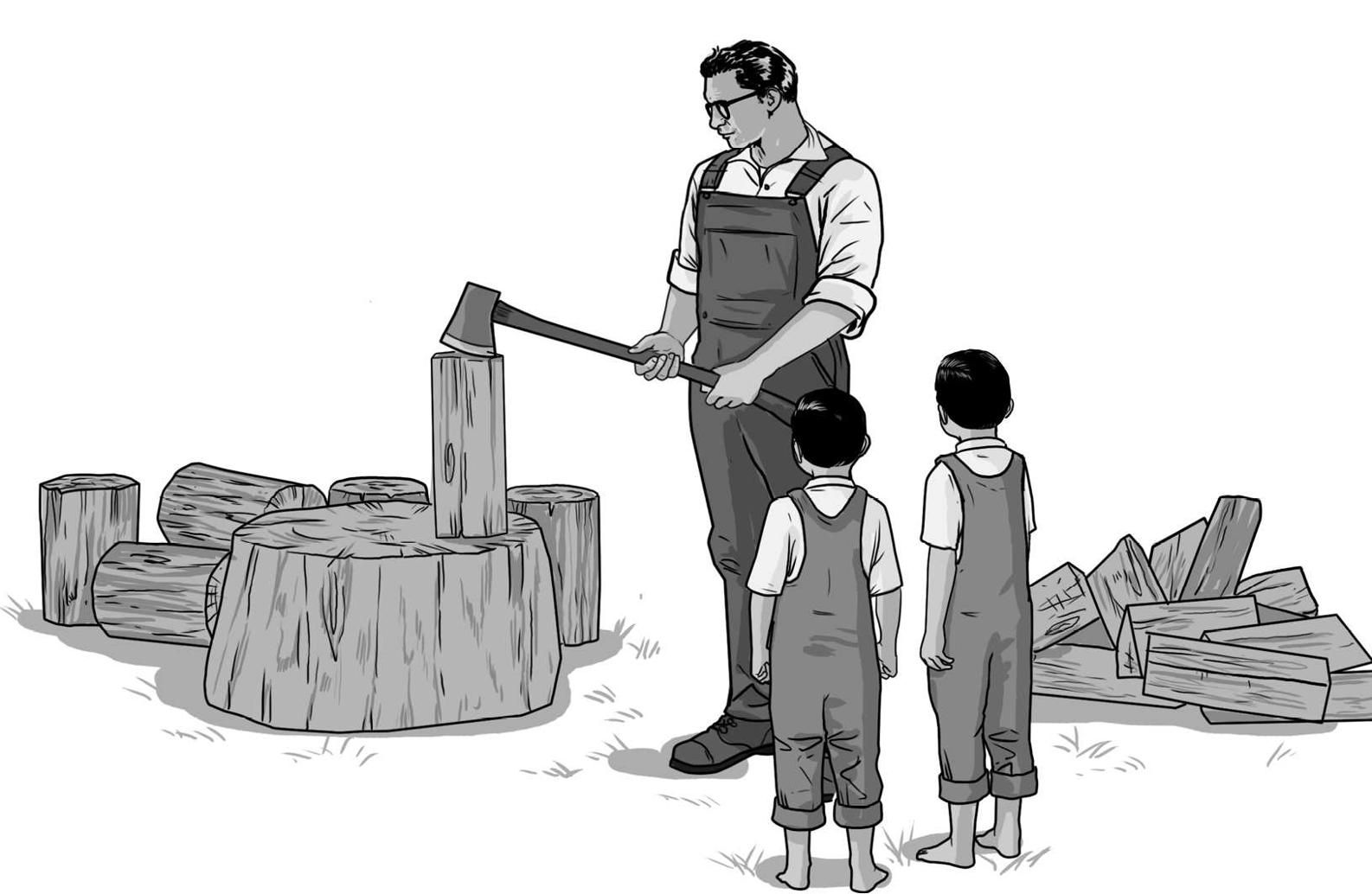
Cesars mother, Juana, wanted her children to grow up to be good people. She taught them to share with others without expecting anything in return. And, even though many Mexican boys were raised to be tough, she did not believe in fighting or violence. Cesar remembered one of her sayings throughout his life: It takes two to fight, and one cant do it alone. In other words, even if someone wants to fight you, you have the choice to walk away.
The Chavez family was Catholic, but there wasnt a church close by. So Juana and Mama Tella taught the children their religion at home. They gathered around their grandmothers bed at night to hear stories of the saints. The stories of these holy people who had lived very good lives made an impression on young Cesar.
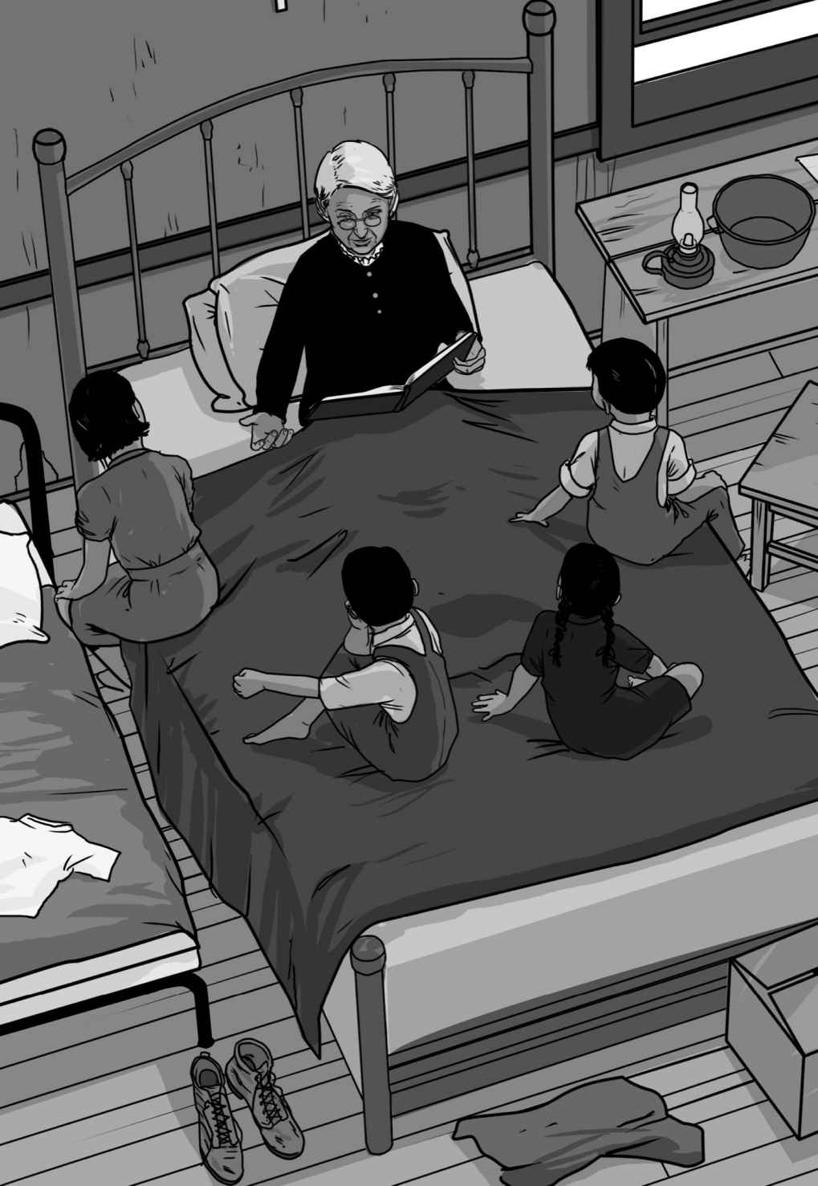
Beginning in 1929, many American banks and businesses went out of business. Millions of people lost their jobs and lived in poverty. This was known as the Great Depression. During the Depression, it was very difficult to find work. The Chavez family didnt suffer as much as many others, however. Their hard work on the ranch provided them with foodfruit and vegetable crops, fish from the canal, eggs and meat from the chickens, and milk and cheese from the cows. Juana, with her generous heart, even invited less fortunate people over for meals.
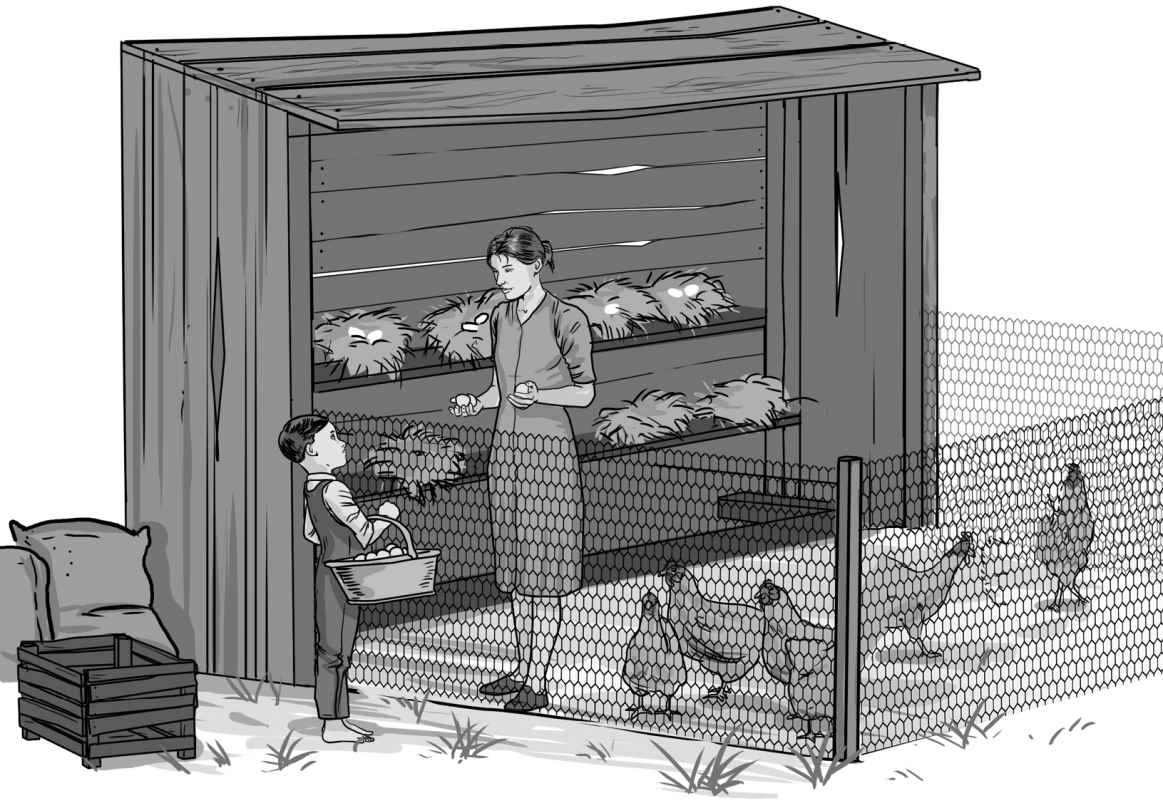
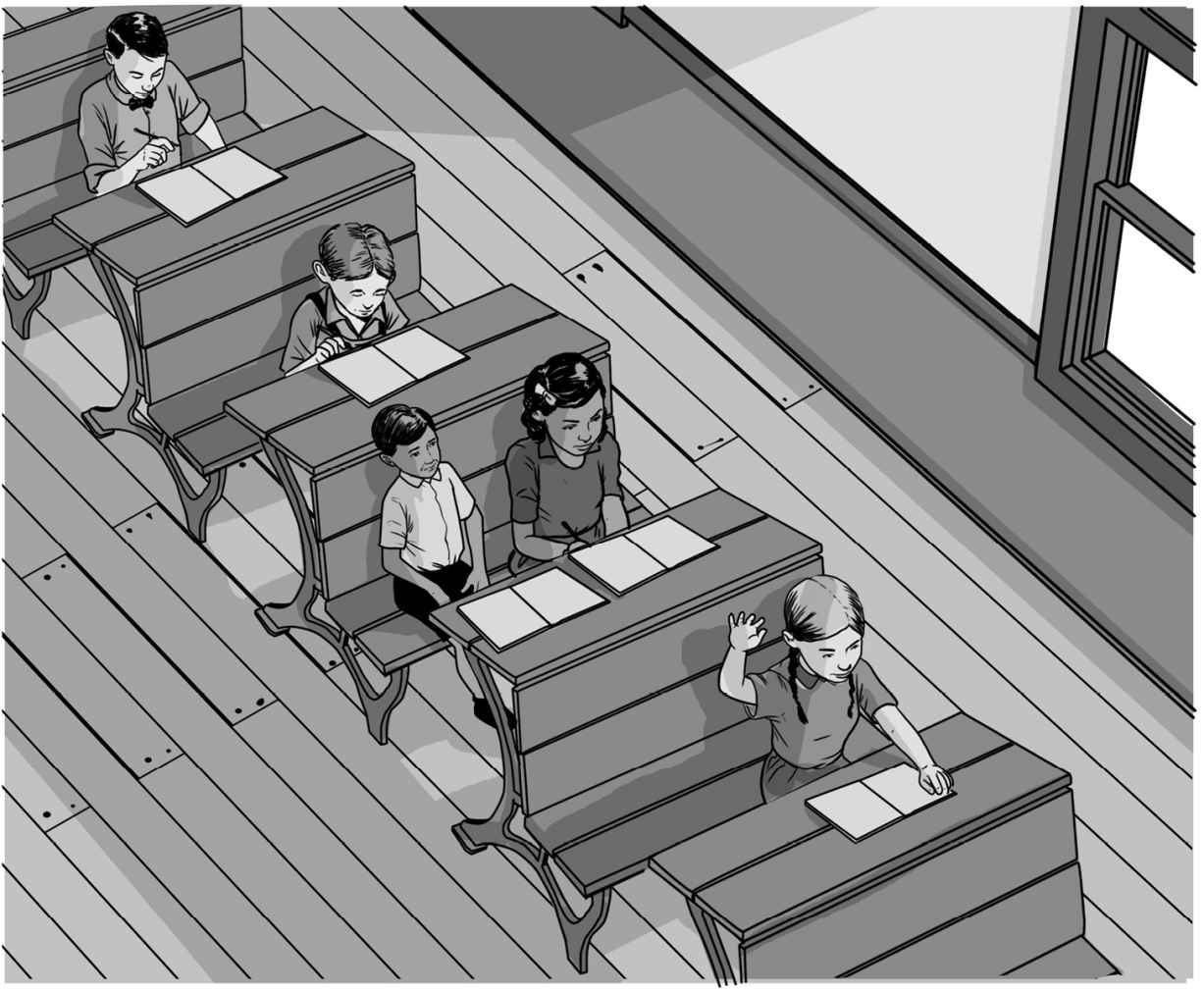
Font size:
Interval:
Bookmark:
Similar books «Who Was Cesar Chavez?»
Look at similar books to Who Was Cesar Chavez?. We have selected literature similar in name and meaning in the hope of providing readers with more options to find new, interesting, not yet read works.
Discussion, reviews of the book Who Was Cesar Chavez? and just readers' own opinions. Leave your comments, write what you think about the work, its meaning or the main characters. Specify what exactly you liked and what you didn't like, and why you think so.

